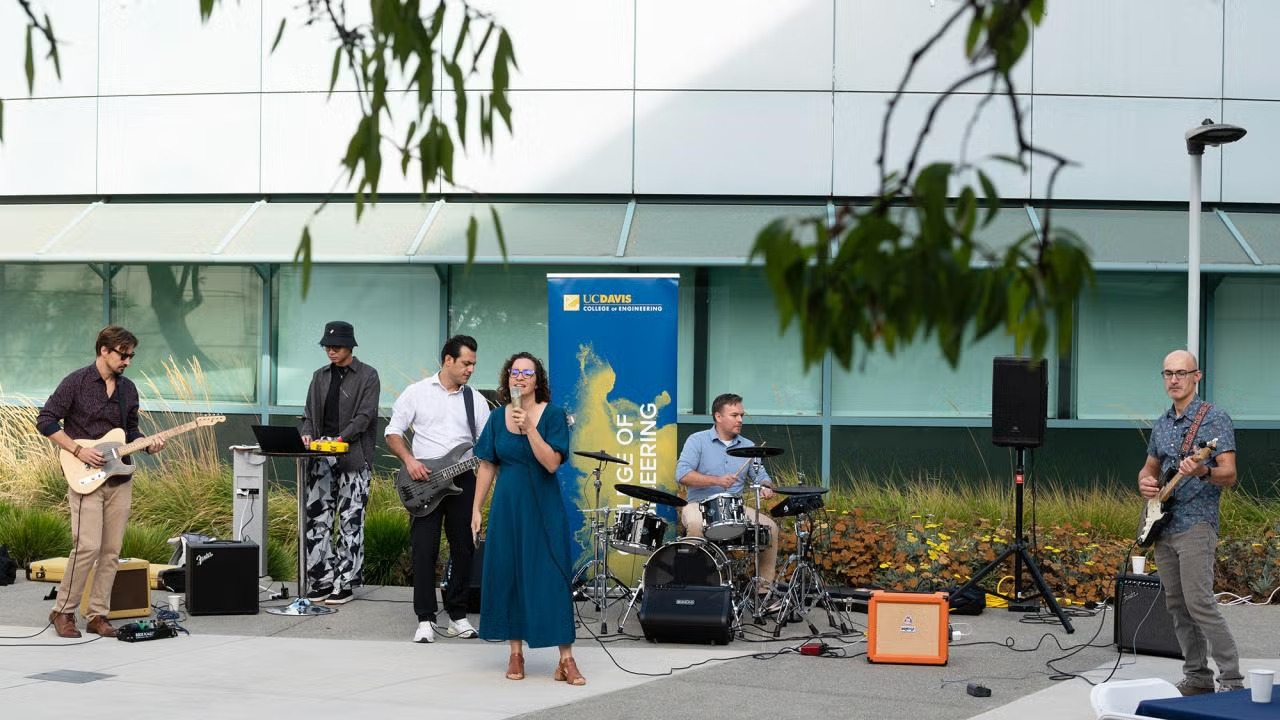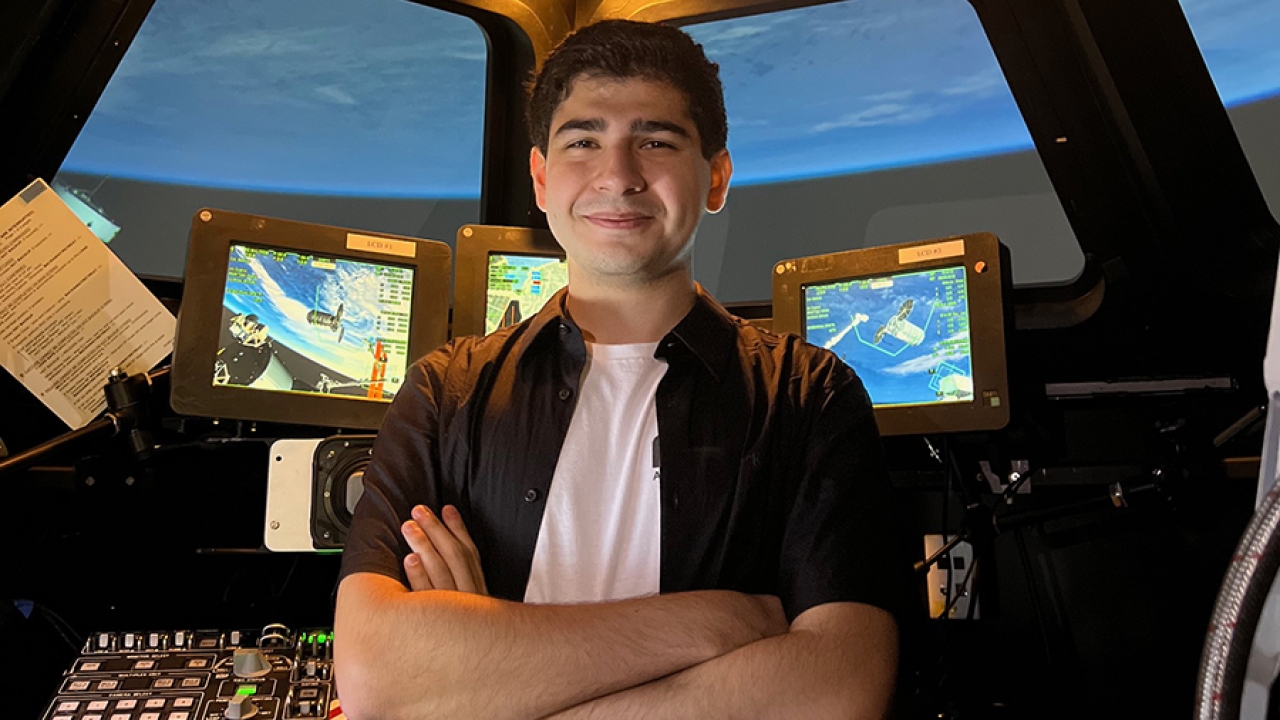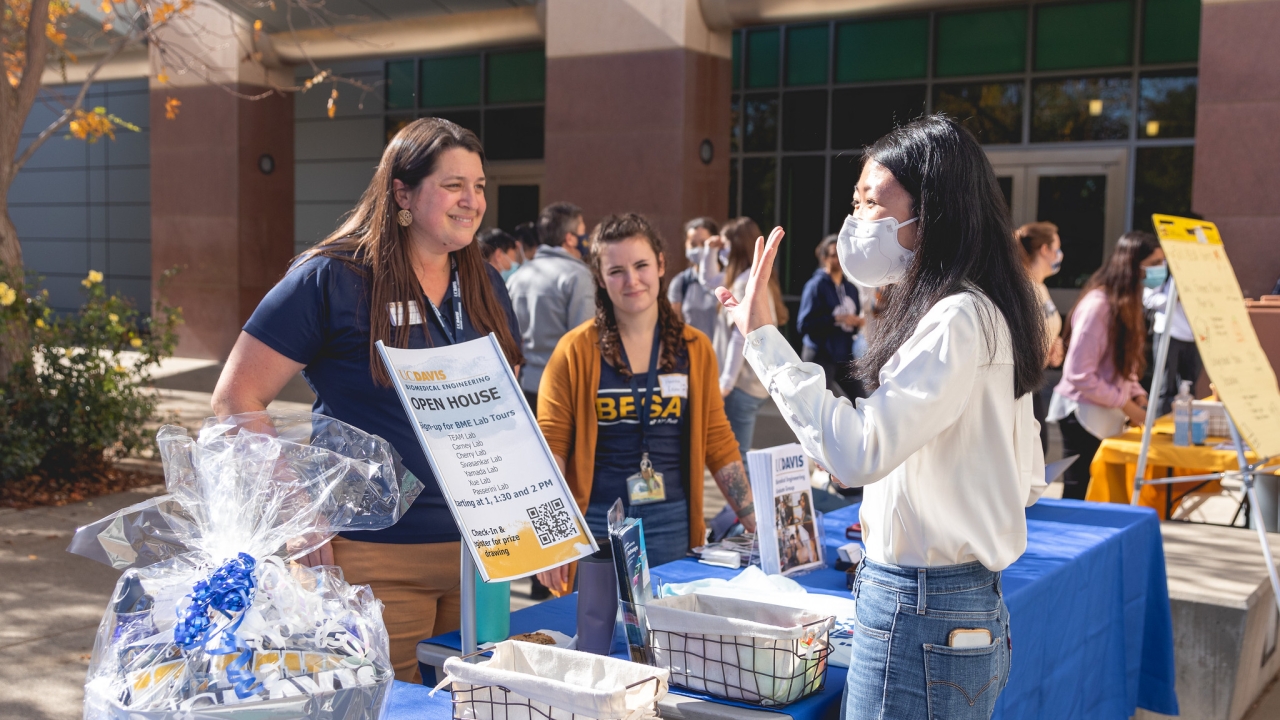
Growing a Health, Equity and Wellness Committee from the Grassroots Up
BME committee’s success stems from active listening and diversity of members
Just as the Department of Biomedical Engineering takes a holistic approach to health research, so too is their approach to improving the health of the culture within the department.
In 2020, the department created the Health, Equity and Wellness Committee to not just promote greater diversity, equity and inclusion within the biomedical engineering community at UC Davis, but also improve all aspects of bolstering the health and wellness of everyone within the department. Now, with its third anniversary dawning, those involved with the committee are reflecting back on all they’ve accomplished and looking ahead, driven to do more.
“We are really one of the only departments to put forth such a strong committee to address health, equity and wellness issues,” said third-year Ph.D. student Hannah O’Toole. “I think it comes from having a group of people who are really passionate about all these issues that we come together to discuss what needs to be done and then take action to get those things done.”
Doing things differently
The HEW committee started after the murder of George Floyd in May of 2020.
“I, and many other individuals in the biomedical engineering community, felt that we needed to be proactive in response to the national events and active dialogue surrounding anti-black racism in the spring of 2020,” said Steve George, chair of the Department of Biomedical Engineering. “We needed to make sure our community was addressing any shortcomings or blind spots on these topics.”
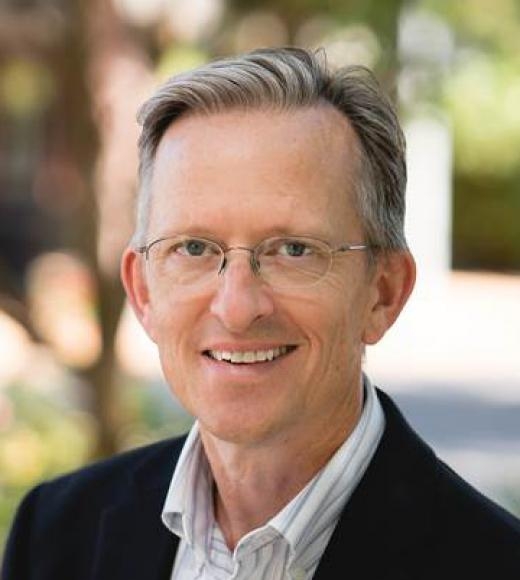
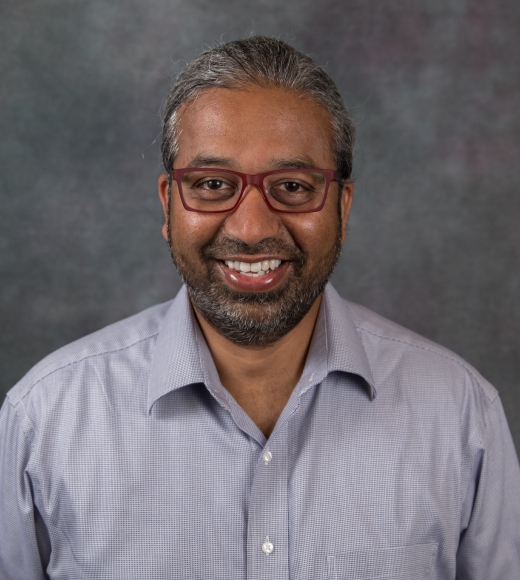
Since then, the committee has made a conscious effort to do things differently with the hope of bringing about change. First, the committee is composed of not just faculty and staff, but also of undergraduate students, graduate students, postdoctoral scholars and department alumni. They also took an unconventional approach to setting up the leadership structure of the group.
“None of the subcommittees are chaired by faculty and that was done on purpose to break down that power dynamic a bit,” said third-year Ph.D. student Sophie Orr.
Secondly, the committee did not shy away from taking a hard look at things that should change. The committee’s first step was to send out a survey to the faculty, staff, undergraduate and graduate students and postdoctoral scholars in the department, asking people what things made them uncomfortable, and those responses informed the committee's plan of action.
“We wanted to know not just about things we were doing well as a department but, more importantly, things that made people unhappy,” said founding chair of the committee Sanjeevi Sivasankar, who is also Faculty Advisor to the Dean for Diversity and Inclusion.
The committee has since created several new programs including an annual department open house, workshops and a new speaker series.
“Because we’ve had input from different people who are from different backgrounds and jobs within the department, it gives a range of perspectives,” O’Toole said. “We’re hearing about what needs to be done from the people who want those things. We aren’t brainstorming ideas while trying to put ourselves in others' shoes. We are making sure everyone has a voice.”
Being more open through an Open House
One of the key issues the undergraduate student population expressed in the survey was the lack of knowledge they had about the type of research projects going on in labs throughout the department and how they might get involved. Acting on the idea of alumna Lucila Sanchez-Ortega ’20 and undergraduate student Abigail Humphries, the department organized and hosted an open house. At the open house, several BME labs showcased their research, answered questions and gave lab tours. The event has also been effective in better connecting undergraduate and graduate students.
“Through the open house we’re able to foster a sense of community that is hard to have naturally with the setup of the programs and something we were missing before,” O’Toole said. “It’s been a huge success. We’re going to do it every year from here on out because it helps the students feel like they belong.”
A JEDI mindset
Another initiative that was created because of the survey results was creating a Justice, Equity, Diversity and Inclusion speaker series focused on DEI.
The JEDI speaker series happens once every quarter and focuses on DEI topics such as dealing with microaggressions, culturally sensitive language and building community. The department also now invites all speakers of their weekly seminars to talk about their work in DEI even if it is not the primary focus of their presentation.
“It’s been really beneficial to have more in-depth conversations about what DEI means for our research,” said Orr. “Not just ‘racism is really bad,’ or only acting when something goes wrong, but actually having experts come talk, and understanding that there are ways we can add diversity statements into our research practice and that it’s important. I think that’s been impacting the community in a really positive way.”
They’ve also hosted a series of workshops focused on discussing DEI topics. The committee is working with the Office of Diversity, Equity and Inclusion at UC Davis to create a certificate to recognize those who have participated in their workshop series and can receive acknowledgement for being a DEI champion.
Diversifying Graduate Education
The actions being taken by the committee are making a difference on both the micro and macro level within the department. For example, Humphries, who identifies as a disabled student, said before joining the committee she was seriously considering changing majors because she couldn’t see a future for herself in the field. Now she is pursuing a graduate degree at UC Davis.
“Being on the committee was probably one of my favorite things that I did at Davis,” Humphries said.
Likewise, Orr said that being involved in the program “is the greatest thing that I’ve done in my life,” and added she is pursuing a new aspect of her research because of serving on the committee, which includes addressing weight discrimination in medical research.
Committee members say they hope that their efforts will normalize including a DEI mindset into everyday practice so that it will impact current students, faculty and staff now and be a lasting part of a culture that will transcend anyone’s tenure. Already, they’ve noticed a marked difference.
“This has become part of the culture now, being aware of DEI,” Sivasankar said. “It is activities we have done, but it is also that we have started to change the culture within the department.”
Orr added, “The community is at the point where it can think constructively and think beyond the question of ‘how do I not mess up’ and think about systemic inequities. So, I think this committee has really opened up these possibilities for everyone. It’s inspired a lot of change.”
BME would like to encourage other departments throughout the university to create HEW committees. As such, they welcome any one with questions to contact Sanjeevi Sivasankar at ssivasankar@ucdavis.edu.


